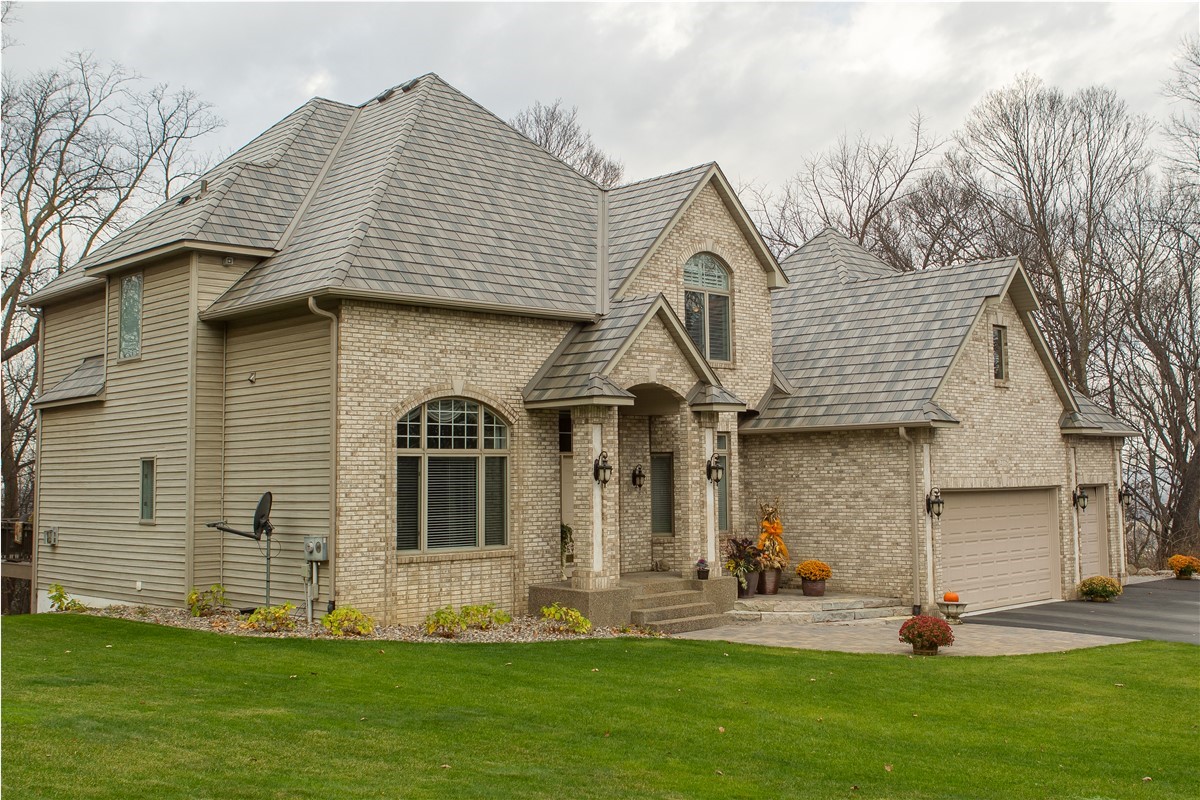Spring is just around the corner, believe it or not. Despite the frigid temps and the snow on the ground, before too long the warmer weather will be upon us. Spring brings out much more than sprouting buds and emerging flowers; unfortunately unscrupulous home improvement contractors hit the streets, because the start of spring is also the beginning of the home improvement season.
Winter is the time when many property owners begin to assess the maintenance and renovation needs for their homes and start making their "To-Do" lists. Many items on those lists are exterior projects which have been put off due to the cold. While we can't completely guarantee you can avoid being ripped off, here are some tips to help you reduce the likelihood.
Beware the Cold Call: If someone shows up at your door unannounced, offering home improvement services, a red flag should go up for you. Watch for phrases like, "We're working on another house in the neighborhood and can offer you a discount if you'll schedule at the same time," and "We've got materials left over from a project we did nearby and can save you some money." While occasionally reputable contractors may promote their business, it is rare for them to do it on a door-to-door basis. Watch for Missing Contact Information: If a business card you're given only provides a phone number and no address, that could be a sign of trouble. At the very least, call the number to verify that it is working, and check with the Better Business Bureau to find out if the company is listed. If a license number is given, check with the MN Dept of Labor & Industry to verify that it is legitimate, and that the contractor is in good standing. Cash Discounts and Payment Up Front Could Mean Good-Bye to Your Money: Discounts for cash are also a red flag. Contractors who prefer cash may be dealing "off the books" with the IRS, and someone who is willing to cheat on their taxes has questionable ethics, and probably is willing to cheat on you, too. And NEVER, NEVER, EVER pay for a project in full before it's completed. While it is common industry practice to require a deposit before work begins (to allow for purchase of materials as well as to secure your place on the contractor's schedule), it is NOT industry standard to require payment in full before work begins. Once someone has your money, there is no incentive to return. Don't Accept Verbal Pricing: Get it in writing, and make sure the contract is signed by the contractor and that it specifies the work to be done, in detail. Vague terms like "repair roof as needed" and "replace windows" are insufficient. Contract language should spell out materials to be used as well as the scope of the project. Avoid High Pressure Tactics: An estimate preceded by "this price is only good if you sign today," could be another tip-off to a rip-off. A reputable contractor will give you a written estimate and time to consider. In fact, by law you have three business days to cancel any contract involving an improvement to your primary residence. Take the time to verify license and insurance and check on references. Ask for References, and Verify Them: A good contractor will be happy to provide you with a list of satisfied customers. Don't accept lines like, "We like to protect our customers' privacy and don't divulge their information." That's generally bogus. Check the websites of local contractors and you'll see how many of them include testimonials from clients. Providing a list of references is common industry practice, so beware of a company who won't. But don't assume the list you're given is legitimate - call a few names on the list to verify.
Subscribe to Quarve Contracting's Blog





Comments